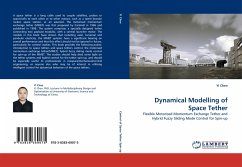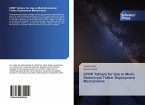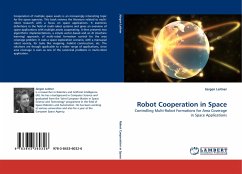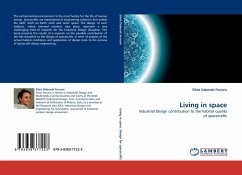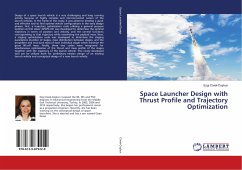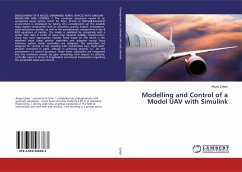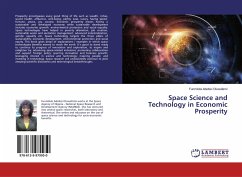A space tether is a long cable used to couple satellites, probes or spacecrafts to each other or to other masses, such as a spent booster rocket, space station, or an asteroid. The motorised momentum exchange tether (MMET) was first proposed by Cartmell in 1996 and published in 1998. The system comprises a specially designed tether connecting two payload modules, with a central launcher motor. The models in this book have shown that including axial, torsional and pendular elasticity, the MMET systems have a significant bearing on overall performance and that this effect should not be ignored in future, particularly for control studies. This book provides the following points: introduction to space tethers and space tethers control, the motorised momentum exchange tether(MMET), hybrid fuzzy sliding mode control for spin-up of the MMET. The studies should help shed some light on the tether systems and hybrid control for the tether spin-up, and should be especially useful to professionals in reospace/mechanical/control engineering, or anyone else who may be of interest in utilising intelligent control for dynamical behaviors of the space tethers.
Bitte wählen Sie Ihr Anliegen aus.
Rechnungen
Retourenschein anfordern
Bestellstatus
Storno

